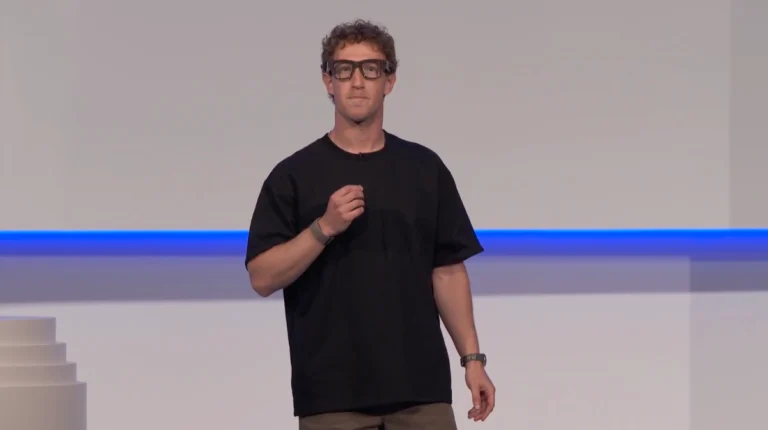
When “Fair Play” Isn’t So Fair in AI: Chatbot Arena Faces Major Trust Issues
Imagine spending months (or years) perfecting your AI model, only to find out that the benchmark everyone in the industry swears by may have been quietly favoring your biggest competitors behind the scenes. That’s exactly the storm Chatbot Arena finds itself in right now.
A new study from Cohere, Stanford, MIT, and AI2 is stirring up the AI world, accusing LM Arena — the group behind the widely trusted Chatbot Arena leaderboard — of giving certain tech giants a behind-the-scenes advantage. According to the report, big players like Meta, OpenAI, Google, and Amazon were allowed to run dozens of “private” model tests and quietly bury poor performers. Smaller players? Left in the dark.
Now, let’s pause here. Chatbot Arena isn’t just any benchmark — it’s where users vote in head-to-head battles between AI models, shaping public perception (and market positioning). So, if some companies are getting extra practice rounds while others are thrown in cold? Yeah, that’s a big problem.
The authors call it “gamification.” LM Arena says, “Not true.” However, data from 2.8 million chatbot battles shows Meta privately tested 27 model versions before choosing just one — conveniently, the one that topped the leaderboard. And let’s not forget the recent Llama 4 drama, where Meta hyped a model optimized for leaderboard wins, then never actually released that version.
The controversy doesn’t stop there. The paper argues that favored labs were shown in far more battles, giving them way more data to tune their performance. LM Arena claims this was transparent and fair. But when the rules aren’t clear and the scoreboard might be rigged? Trust breaks down fast.
To rebuild that trust, the researchers propose common-sense fixes: cap the number of private tests, publish all scores (even the flops), and ensure equal visibility for all models.
Because in a space where transparency and credibility are everything, it’s not just about who builds the smartest AI — it’s about making sure the playing field is actually level.
And right now? It’s looking pretty tilted.







